
YouTube has been using AI on the sly to enhance creators’ videos
Many people turn to AI to improve their writing, their photos, or their videos. YouTube has been doing the same, quietly enhancing the look of users’ uploaded videos through the use of artificial intelligence.
So, what is the problem? Many creators are upset not so much that their videos have been “enhanced” (although there is debate over whether what YouTube has done can actually be seen as an improvement) but that it was done without consent.
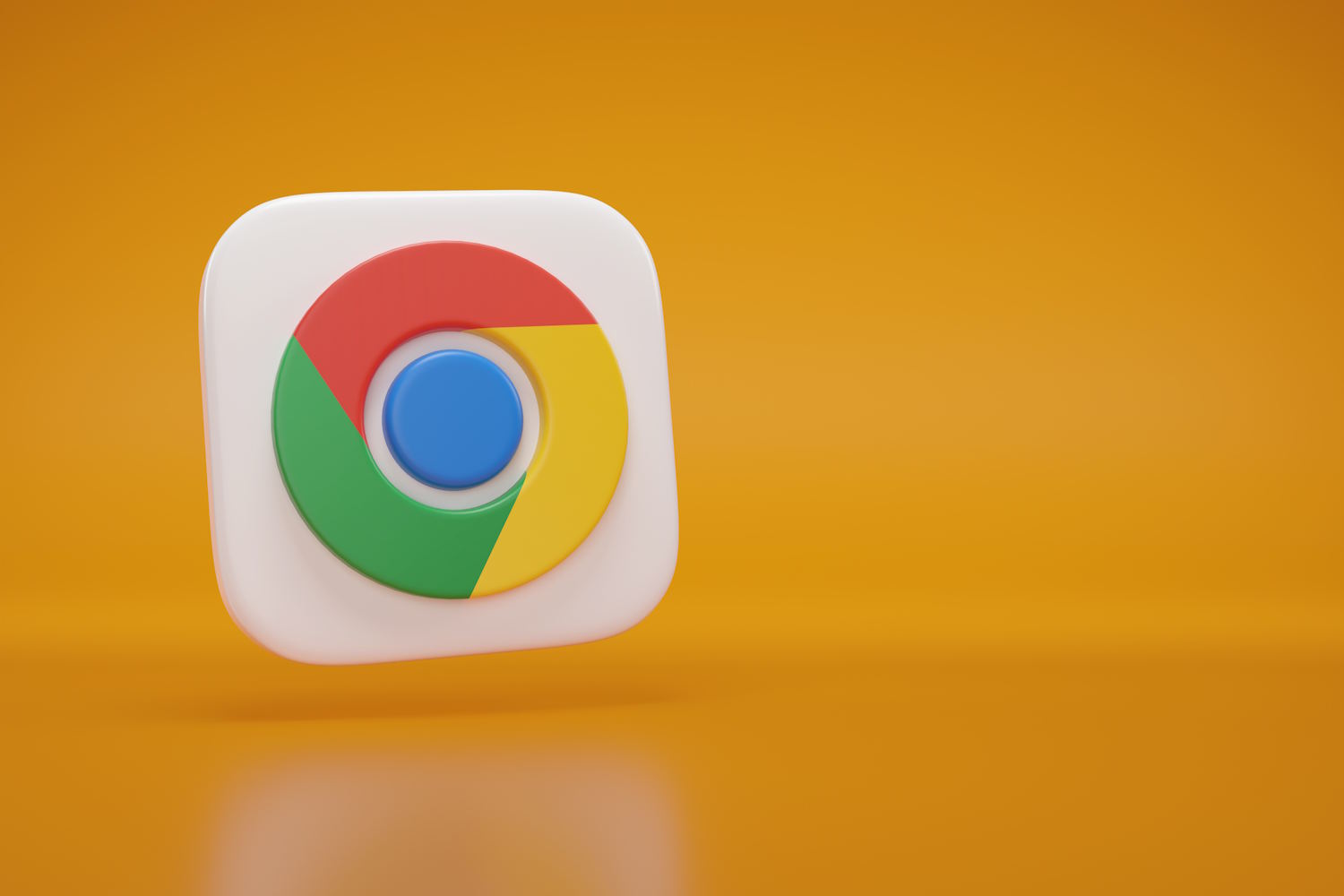
Google is making it easier to switch your default browser to Chrome
Every company with a web browser wants you to choose it as your default. Google is no different with Chrome than Microsoft is with Edge or Mozilla is with Firefox.
Microsoft has received a lot of flak for the heavy-handed way in which it has prompted Edge and attempted to get users to switch to it. More than this the company has made it more difficult to set other browsers as default, although this has changed in recent times. Now Google is taking steps to promote Chrome, pushing a one-click-to-switch capability.
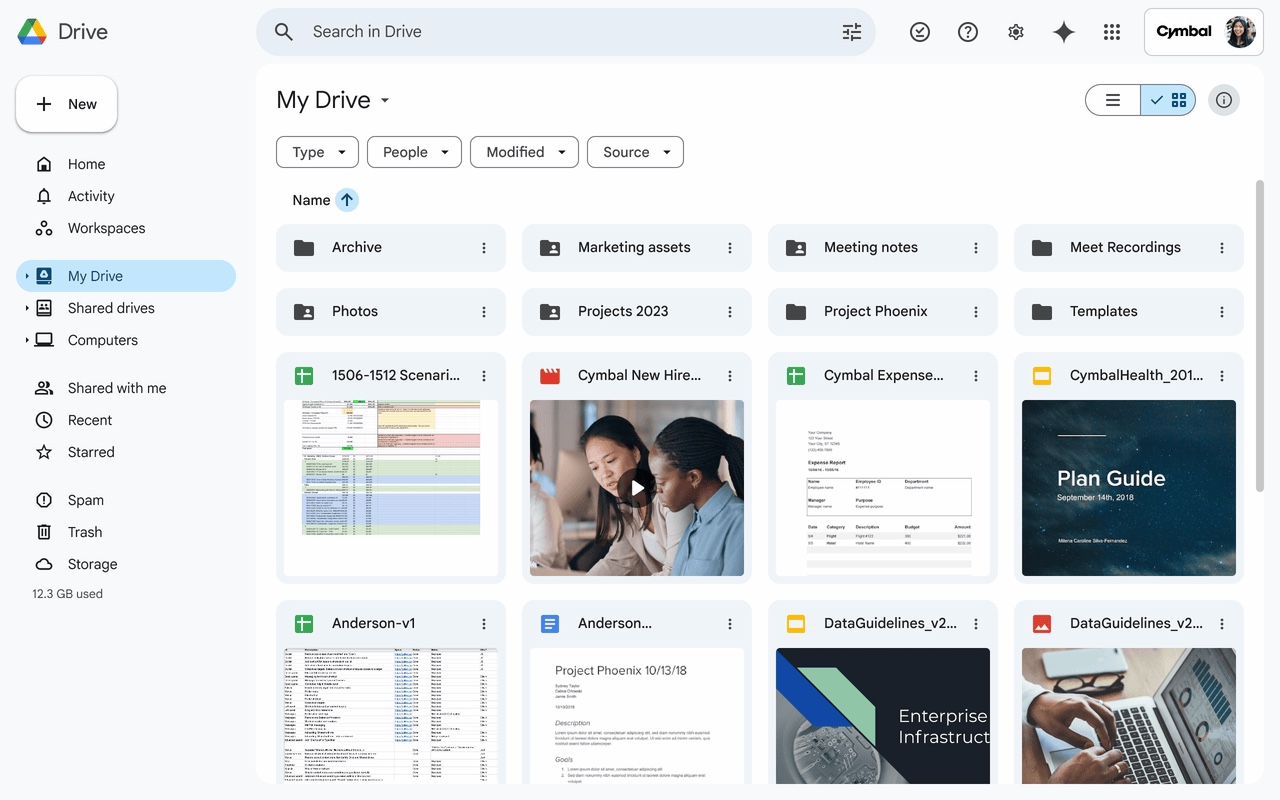
Google Drive simplifies video editing
Google Drive is home to every type of file imaginable, and a decent proportion of those files are videos. It is with this in mind that Google has decided to make it easier to edit videos which have been uploaded to its cloud storage service.
Rather than adding video editing tools directly into Google Drive, the company is instead making it easier to access the option to do so using Google Vids.
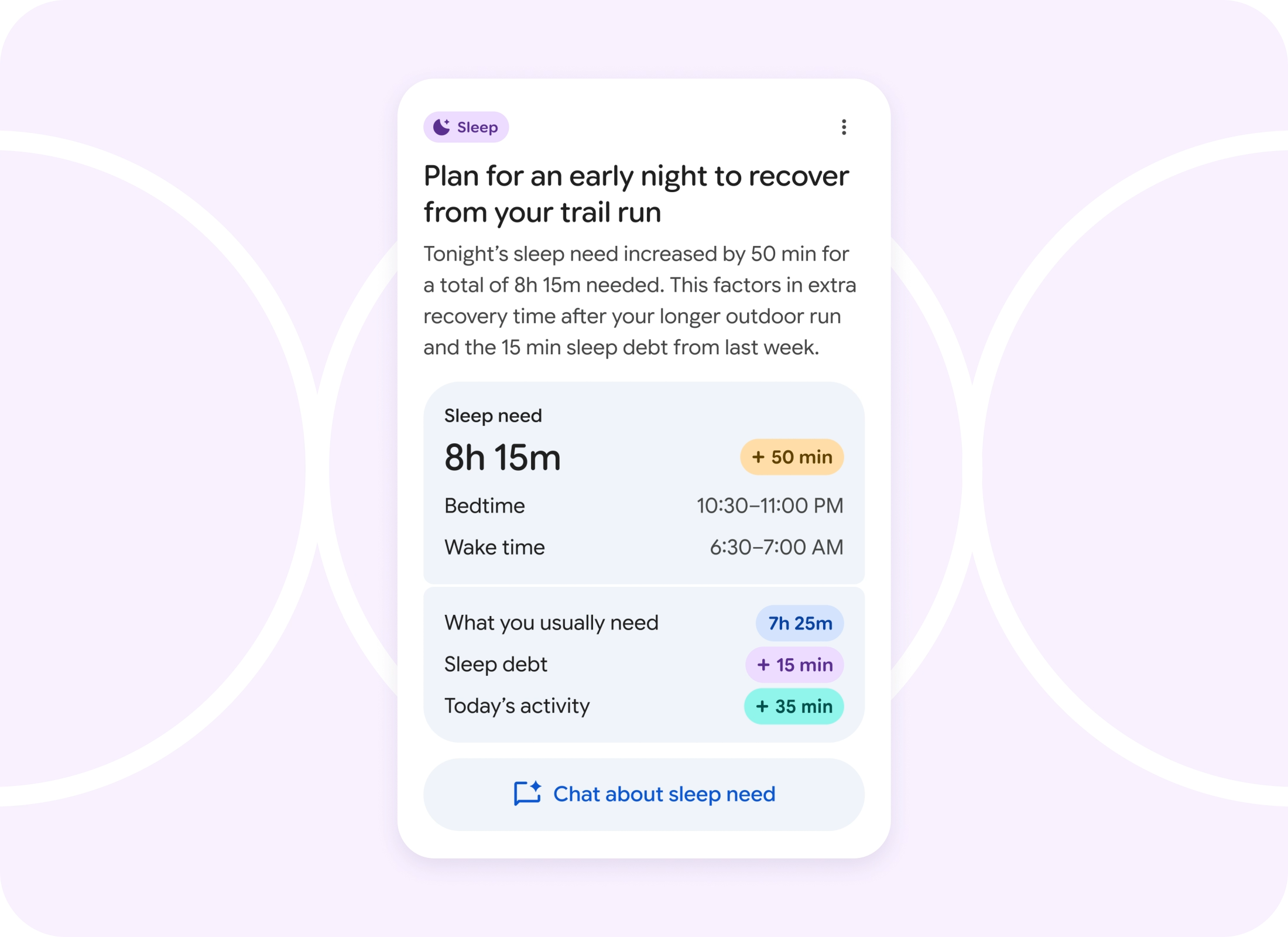
Google is bringing an AI fitness coach to Fitbit thanks to Gemini
There is nothing that technology companies will not try to enhance with AI. Google is no stranger to this with Gemini, and the company has announced an AI-powered fitness coach for the Fitbit platform.
But this is more than just a fitness coach. Google describes it as a “a fitness trainer, a sleep coach and a health and wellness advisor” all rolled into one. The aim is to be the AI coach that is suitable for everyone, so what can it do?
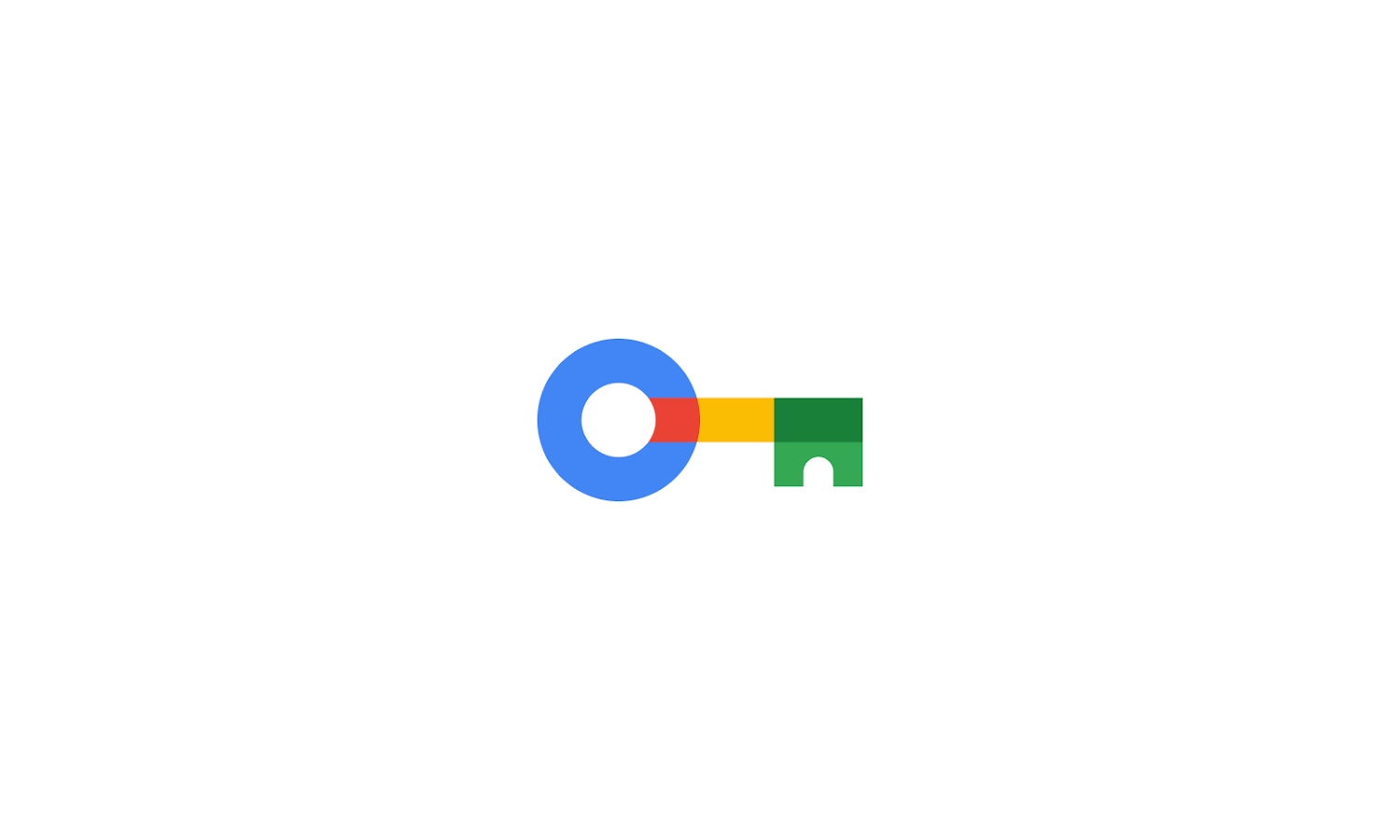
Google releases Password Manager app
Whether you have been waiting for it or not, Google Password Manager is now available as a standalone app for Android users.
Breaking the Password Manager component out of the Chrome browser is an interesting move. There is no real reason for Google doing so other than making it slightly easier to access saved passwords and usernames.
OtterBox launches new Pixel 10 case lineup with Pixelsnap charging support
OtterBox has introduced a lineup of cases designed for the newly launched Google Pixel 10 family, announced yesterday.
The range includes the Symmetry Series, Defender Series Pro XT and Thin Flex Series, each built with integrated magnets to support Google’s new Pixelsnap wireless charging system.
Pixel Buds 2a debut with active noise cancellation and Gemini AI
The final new launch from Google today, following the Pixel 10, Pixel 10 Pro Fold and Pixel Watch 4, is Pixel Buds 2a. These new A-series earbuds bring Active Noise Cancellation, immersive audio, longer battery life and Gemini AI at a more affordable price. Preorders start today, with general availability on October 9.
Google says the Pixel Buds 2a have been redesigned for comfort and stability. They are smaller and lighter than the previous A-series and take inspiration from the Pixel Buds Pro 2 design.
Pixel Watch 4 debuts with longer battery life, and new AI health coach
Google today launched the Pixel Watch 4 alongside its new Pixel 10 series of smartphones and Pixel 10 Pro Fold. The new wearable is, naturally, described as the most advanced Pixel Watch yet, with a redesigned look, longer battery life, new health features and AI tools powered by Gemini. Preorders start today, with general availability on October 9.
Pixel Watch 4 maintains the familiar circular design but introduces a new domed Actua 360 display, offering a 10 percent larger active area, slimmer bezels and brightness up to 3000 nits for visibility in sunlight.
Pixel 10 Pro Fold launches as Google's most durable foldable yet
Alongside its range of 10th generation Pixel smartphones, Google has today introduced the Pixel 10 Pro Fold, which it describes as its most durable foldable phone yet.
The device features a new gearless hinge, upgraded displays, a bigger battery, IP68 water and dust resistance and a suite of AI tools powered by the Tensor G5 processor. Preorders begin today, with general availability on October 9.
Google unveils Pixel 10, Pixel 10 Pro and Pixel 10 Pro XL smartphones with new AI powered features
Google has taken the wraps off its 10th generation of smartphones, the Pixel 10, Pixel 10 Pro and Pixel 10 Pro XL. The new lineup introduces a refined design, the Tensor G5 processor, and AI features designed to make the phones more proactive and helpful. Preorders begin today, with general availability on August 28.
Pixel 10 sports a satin metal frame, polished glass back and four colour choices: Obsidian, Frost, Indigo and Lemongrass. Its 6.3-inch Actua display now reaches 3000 nits for easier outdoor use, and upgraded speakers bring deeper bass for a better multimedia experience.
New Temporary Chats in Gemini stops Google remembering everything
Google has announced new features for Gemini and changes to the way the AI works. In launching a new Temporary Chats function, Google is really sneaking in the fact that Gemini will – unless you choose otherwise – remember everything you have said to it.
The ability of Gemini (which will be the default) to remember all of your past conversations is sold as a way to make it an “even more personal, proactive and powerful assistant”. There are, of course, privacy concerns.

ChatGPT now integrates with Gmail, Google Calendar and Contacts
OpenAI has confirmed the rollout of Gmail, Google Calendar, and Google Contacts Connectors in ChatGPT.
Available to Pro and Plus tiers, the connectors come hot on the heels of the recently added Box, Canva, Dropbox, HubSpot, Notion, Microsoft SharePoint, and Microsoft Teams integrations. By granting ChatGPT access to Gmail emails, Calendar entries and Contacts data, the AI should be able to provide more personalized and relevant information.

AI firm Perplexity makes ridiculous bid to buy Chrome from Google
Chrome has not been put up for sale, but that has not stopped AI startup Perplexity from putting in a bid to buy the web browser from Google.
While on the face of things the $34.5 billion bid seems large, it has been widely dismissed as being a fraction of Chrome’s real value. So, what is the deal with Perplexity trying to snap up the most popular web browser in the world?
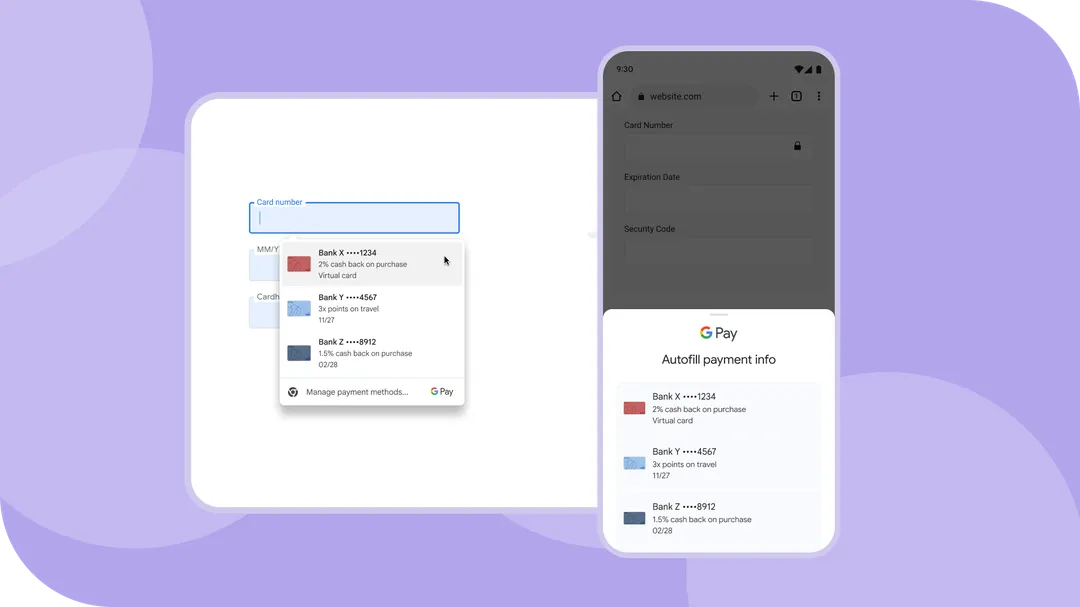
Google Pay adds new ways to make web payments easier
Google Pay has announced three new features which it says will make online payments simpler and more flexible for shoppers. The update focuses on providing more choice, convenience and value, and covers both everyday purchases and larger transactions, as well as international money transfers.
For US buyers, Chrome’s autofill feature will now display reward details for over 100 credit cards, expanding from the smaller set previously supported. This addition makes it easier to see which card offers the best benefits for a specific purchase before checkout.
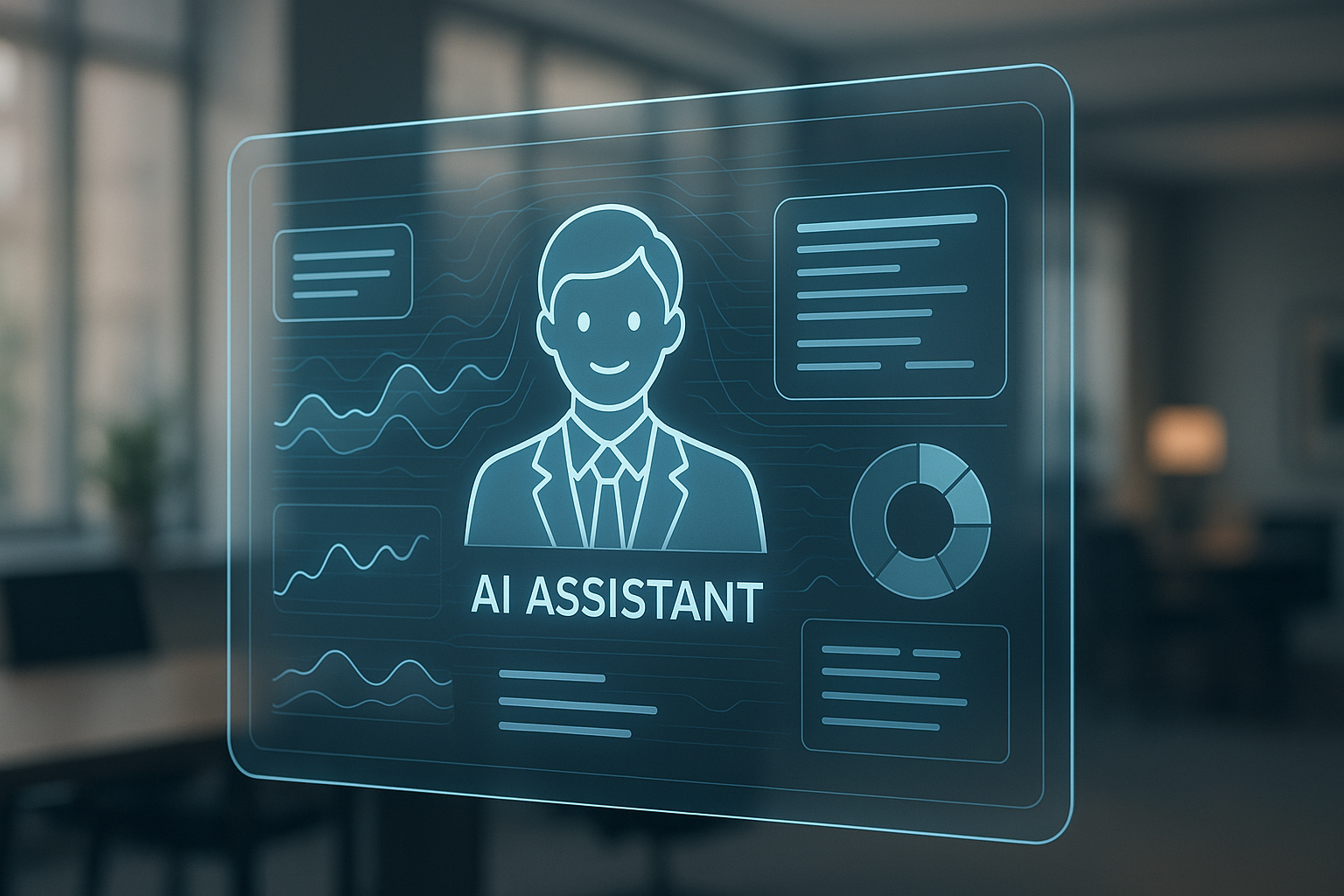
Business is booming for AI assistants as they take on bigger roles
The AI assistant market is projected to grow from $3.35 billion this year to $21.11 billion by 2030, according to Indian research firm MarketsandMarkets.
This represents a compound annual growth rate of 44.5 percent, with North America forecast to have the largest share during that five year period.
